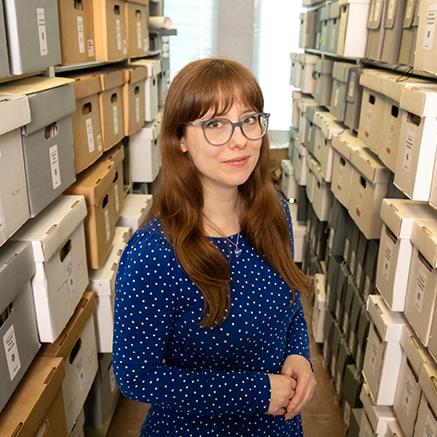
University Archives
Make Legacy Possible
As a center for research and creativity, the University Archives promotes translational and innovative uses of primary sources. We inspire our community to seek knowledge of the past, tell stories from university history, and advance research using our collections.
The University Archives is home to more than 100 years of CMU history. Our reading room is located in Hunt Library on the university's campus in Pittsburgh and our collections contain approximately 5,000 linear feet and 10TB of historic records and materials.
Everyone is welcome to visit the University Archives and we are open for research by appointment. Please contact us to talk to an archivist or schedule an appointment.
Quick Links
Collections
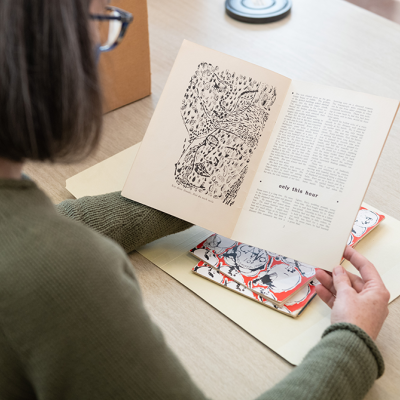
Search our Finding Aids
Search our finding aids and inventories to discover more information about the collections in the University Archives.
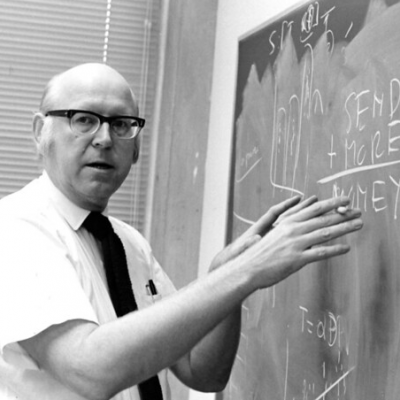
Access our Audiovideo Collections
Access our audiovisual collections to watch digitized video and film recordings.
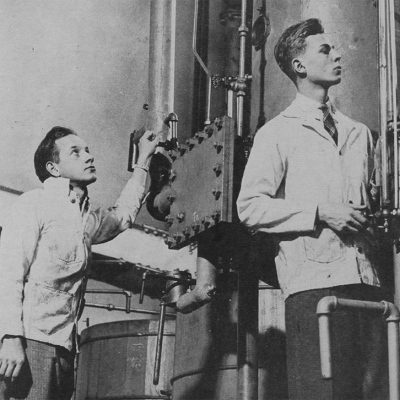
Access our Digital Collections
Access our digital collections to search and browse digitized newspapers, yearbooks, letters, and other records.
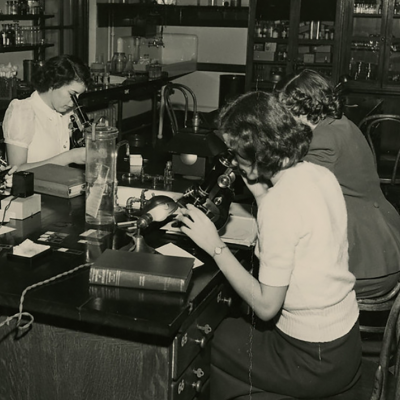
Explore our Research Guides
Explore our research guides to learn more about special topics in the University Archives.
Initiatives
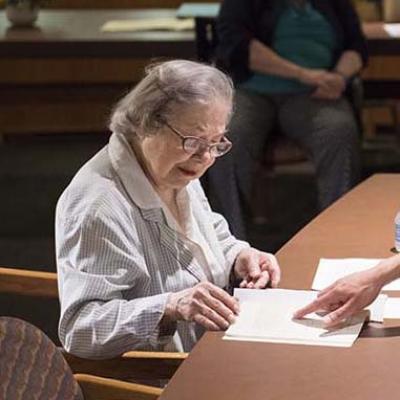
Oral History Program
The Oral History Program records the real-life memories and perspectives of those who experienced the history of CMU.
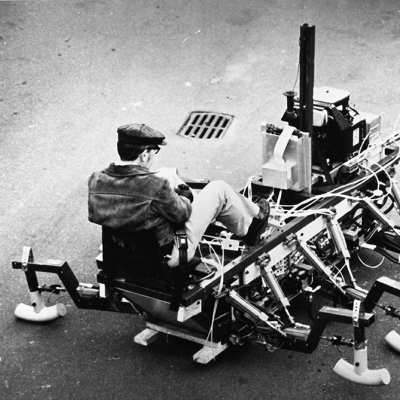
The Robotics Project
The Robotics Project is a multi-phase, multi-year project to create a home for the past, present and future of robotics.
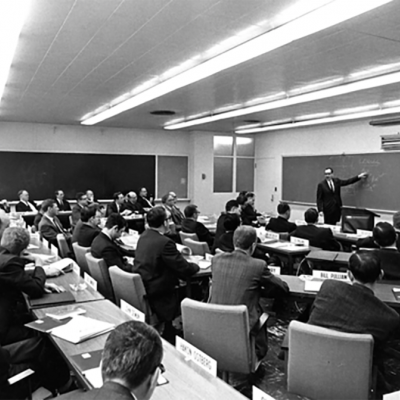
The Computer Science Video Tape Collection
These videotapes feature compelling and candid lectures, discussions and classes led by CMU faculty.
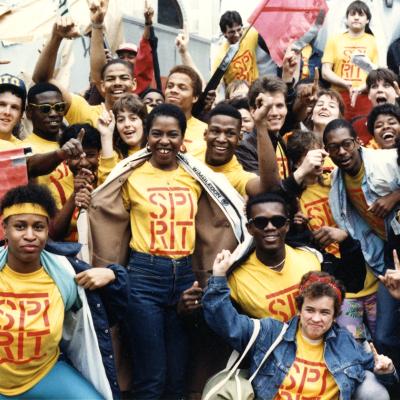
C-MAP, Upward Bound, SCOPP Collection
This collection documents the history of early diversity initiatives at the CIT and CMU.
Research Policies at a Glance
- University Archives are open to all researchers regardless of academic affiliation.
- Our collections are accessible by advance appointment only.
- Some materials have been digitized and are accessible for remote digital access.
- Materials from the University Archives do not circulate and are only accessible on-site in the University Archives reading room (Hunt Library, 2nd floor).
- Access to archival moving image and sound materials is limited to items that have been digitized or can be viewed safely (to be determined on a case by case basis, at the archivist’s discretion.)
Requesting Materials
- Archival materials must be requested via email.
- Researchers can search for materials using the University Archives’ finding aids. Send the title of the collection and the box number(s) to the University Archives’ email with a proposed list of dates and times for a research appointment.
- Requests to view materials from the University Archives must be submitted five business days before your proposed visit date to allow staff sufficient time to retrieve and prepare for your visit.
- Appointments will be scheduled based on the availability of the requested materials and conflicts with existing research appointments.
Research Assistance
New to archival research at the University Libraries? Check out this research guide or contact us for a research consultation.
Donating Materials
The Carnegie Mellon University Archives is the official repository for Carnegie Mellon’s intellectual, cultural, and administrative history. We steward the collective memory of our institution, and we strive to reflect the diverse experiences and contributions of our community. We make legacy possible at Carnegie Mellon by collecting, preserving, and providing access to materials of the university that have lasting historical value in all formats digital and analog.
To form a complete record of life at Carnegie Mellon University, we gather a wide range of materials from
- Leadership and Administration
- Academic Programs
- Students
- Faculty and Affiliates
- Alumni
Archivists work closely with administrators, faculty, staff, alumni and affiliates throughout the donation process.
To learn more about our scope and the materials we collect, visit our donation guide.
To donate materials, please contact us for a consultation.

